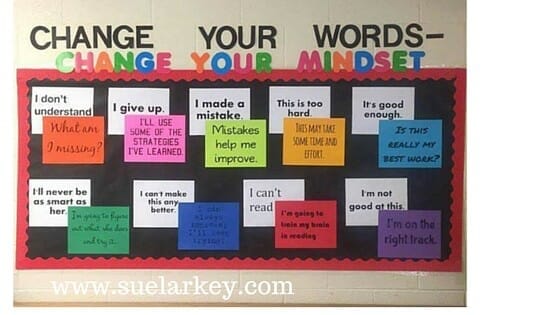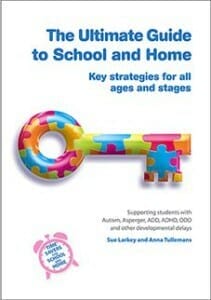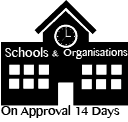Many students with ASD need adaptations, supports, curriculum differentiation. You may find that in some subjects these are not required i.e. they are naturally engaged in that subject or topic. However, when they are disengaged you may need to try a range of different strategies to make learning successful.
I have included Seven Super Strategies to help with this challenge.
√ Finding it hard to know where to start the activity: This is particularly common in written tasks e.g. “Write what you did on the weekend” is too broad a task. Give more specific parameters such as “What did you do on Saturday morning?” In Secondary it may be to choose a chronic disease to research and you may need to give them a choice of two diseases.
√ Processing time: Give them time to process your questions (verbal and written response). It can take students up to a minute to formulate the answer in the correct sequence. If you rush them they often stop engaging.
√ Limiting choices: To choose a topic, children require problem solving skills. For many children who are not engaging there are too many choices of topics or materials to research, internet sites to visit etc. Giving them specific topics, websites, chapters in books (rather than “Use your health book” etc.) may help them engage and complete work. For younger students, when they are given a choice of readers they tend to choose the same book or topic or interest area. You may need to get them to take one book they choose and one book you choose.
√ Knowing how much is required: They may not be aware of how much information they need and therefore may not complete the work. Tell them the expectations up front e.g. one page of writing, 100 words, two pictures etc.
√ Break down work into small segments: Cut worksheets up, highlight in different colours, cover with a blank sheet, break assignments into what needs to be done each week or each night. Adapt the task to be more achievable for this student’s needs – set them up for success. Better to do more smaller successful tasks than nothing.
√ Strategies for mistakes: Some student’s fear of failure will stop them from actually attempting work. Ensure students learn that making mistakes is part of the learning process and you would like to see them attempt work even if it’s not correct. It is very important for these students that you do not correct mistakes. Instead encourage them for work completed. Please note that these students need to be taught what to do if they make a mistake. Teach them to cross out neatly, to use an eraser, have a spare worksheet if theirs gets ruined, but often allowing them to do work on the computer will motivate them. On a computer mistakes can be erased without anyone knowing and spelling mistakes are highlighted so students can correct before they hand work in.

√ Build in breaks: Within their work schedule allow small breaks e.g. allow them to go for a walk or do a job for you, after they have completed “x” amount of work or a set time of work. Many students need to move to refocus.
Want more tips to Engage Disengaged Students
Note Please note that often students who are disengaged are given more Aide time. However this may not solve the underlying problem. You may need to use the time to identify which of the causes listed in this e-zine need to be addressed.




 Sorry we no longer ship items outside Australia. Please consider the digital versions of Sue’s Books –
Sorry we no longer ship items outside Australia. Please consider the digital versions of Sue’s Books – 